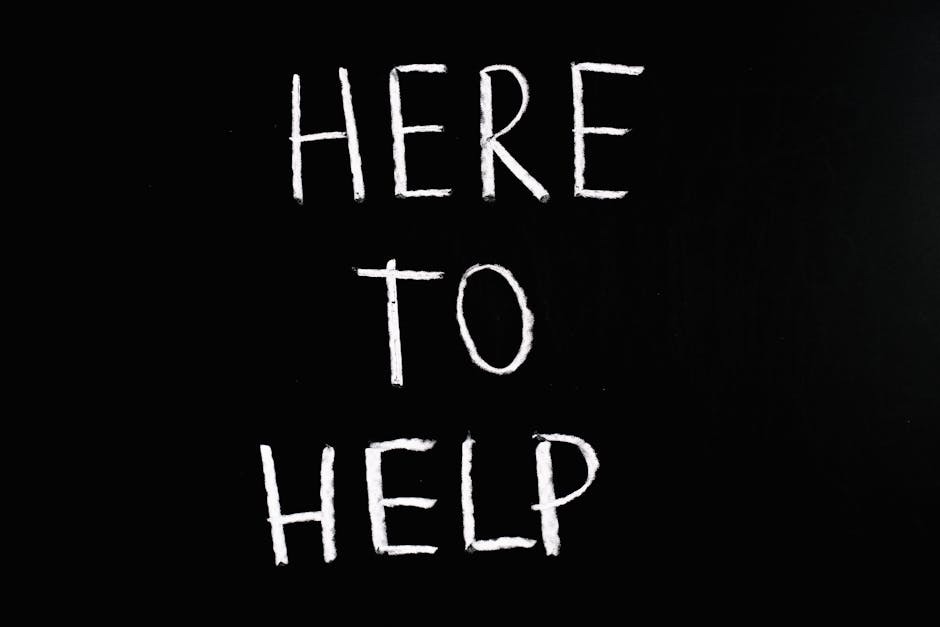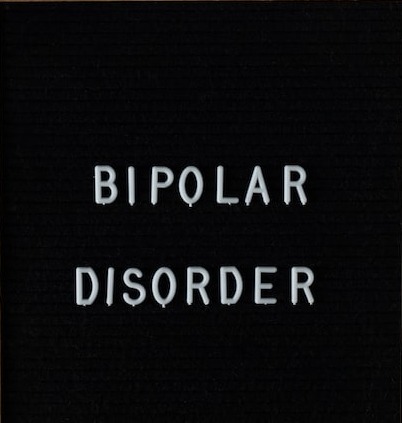
Alcohol use disorder (AUD) is one of the most common causes of preventable injury, illness, disease, and death in the United States. According to the National Institute on Alcohol Abuse and Alcoholism (NIAAA), in 2022, “29.5 million people ages 12 and older (10.5% in this age group) had AUD in the past year.” The Redpoint Center has an addiction outpatient program in Glenwood Springs, Colorado. Clients struggling with AUD benefit from the beautiful location and comprehensive treatments.
The Benefits of Spending Time in Nature at an Outpatient Program in Glenwood Springs
Outpatient programs at Glenwood Springs provide clients with the time and space to explore beautiful outdoor locations in the area. Spending time in nature has many health benefits known to increase the effectiveness of treatment for substance abuse and mental health disorders. According to the Fish and Wildlife Service (FWS), “A large and growing body of research supports the idea that getting outdoors — on national wildlife refuges, for example — can improve your peace of mind and physical well-being.” Glenwood Springs has many gorgeous outdoor locations within easy driving distance of treatment.
Some of the areas around Glenwood Springs where clients engage in outdoor activities include:
- Two Rivers Park
- Conservancy Park
- Veltus Park
- Vogelaar Park
- Horseshoe Bend
- Jess Weaver Trailhead
- Glenwood Whitewater Park
The many parks and recreational areas around Glenwood Springs, Colorado, offer no shortage of stunning scenery and accessible spaces to explore. Clients participating in outpatient treatment have time in the evenings and on weekends to go out and spend time in nature. Outdoor activities also offer people an excellent opportunity to engage in low-stress group activities.
The Advantages and Disadvantages of an Outpatient Program in Glenwood Springs
Every treatment program has advantages and disadvantages. Some people benefit more from the highly structured and controlled environment of residential treatment programs, while others may feel more comfortable with the freedom of outpatient care.
Outpatient programs are ideal for individuals with the following:
- A strong support system at home and a safe living environment
- Motivation to maintain self-accountability and positive lifestyle changes
- Less severe or fewer symptoms related to SUD or dual diagnosis
- Positive mental health
- The willingness and ability to regularly practice self-care
Recovering from substance abuse takes time. Most people transition to outpatient treatment after detox or residential care. The step-down process through multiple levels of care makes it easier for people to build essential coping skills and healthy routines.
Additional Flexibility and Opportunities to Practice Coping Skills
Outpatient programs provide clients with additional flexibility and opportunities to practice coping skills in the real world. After participating in therapy sessions and peer support activities during the day, clients return home and use the tools they learn in treatment to strengthen personal relationships and heal from substance abuse. Coping skills are some of the most important tools people use to reduce the risk of relapse, improve mental health, and manage symptoms related to SUD. Practicing these skills in everyday situations allows people to build resilience and become more self-aware.
What to Expect From an Outpatient Program in Glenwood Springs
Outpatient programs offer less structure and accountability compared to residential, partial hospitalization (PHP), or intensive outpatient (IOP) programs. Clients attend mandatory therapy sessions and support group meetings for several hours a day throughout the week. Treatment schedules are flexible and allow people to more easily navigate barriers, including childcare, transportation, or work hours.
People can expect to do some or all of the following during outpatient treatment:
- Participate in therapy sessions
- Collaborate with clinicians to create a treatment plan and recovery goals
- Engage with peers in a controlled and low-stress environment
- Take part in community events or activities
Outpatient programs are highly effective for individuals who don’t require higher levels of care to manage their condition. Studies have shown that “[n]o single treatment approach is effective for all persons with alcohol problems, and there is no overall advantage for residential or inpatient treatment over outpatient care.” The Redpoint Center ensures every client and their loved ones fully understand their diagnosis and treatment options to ensure they make educated decisions when choosing a rehabilitation program. The care team also encourages clients to take advantage of the local resources, including nature-based events and sober support groups.
How Does The Redpoint Center Treat Alcohol Use Disorder?
Alcohol use disorder is often diagnosed alongside other types of substance abuse. People with AUD may experience more severe withdrawal symptoms and may require medication-assisted treatment (MAT) during detox. The Redpoint Center offers step-down treatment options to ensure clients receive the best support to meet their needs and expectations through every stage of recovery.
According to the previously mentioned study, the primary goals of outpatient treatment for AUD include:
- “Reducing substance abuse or achieving a substance-free life
- Maximizing multiple aspects of life functioning
- Preventing or reducing the frequency and severity of relapse”
The Redpoint Center uses psychotherapy, prescription medications, peer support, psychoeducation, and realistic recovery goals to help clients heal from substance abuse and co-occurring disorders. People with AUD benefit from spending time out in nature or engaging with peers in the community. The care team helps clients discover new benefits of outpatient treatment in Glenwood Springs, Colorado, by providing information about local activities, events, and resources.
Glenwood Springs, Colorado, is a beautiful area with a thriving sober community where people in outpatient programs can easily find local recovery resources and support services. Outpatient programs provide people with a more flexible schedule, allowing them to work, go to school, complete tasks at home, and engage more in the community while receiving comprehensive treatment for alcohol addiction. Clients in outpatient programs benefit from spending time outdoors in the beautiful parks and other natural spaces in and around Glenwood Springs. Spending time in nature can increase the effectiveness of therapy. The Redpoint Center uses evidence-based and alternative holistic treatments to help people heal from the effects of substance abuse. To learn more about our programs, call (303) 710-8496.











